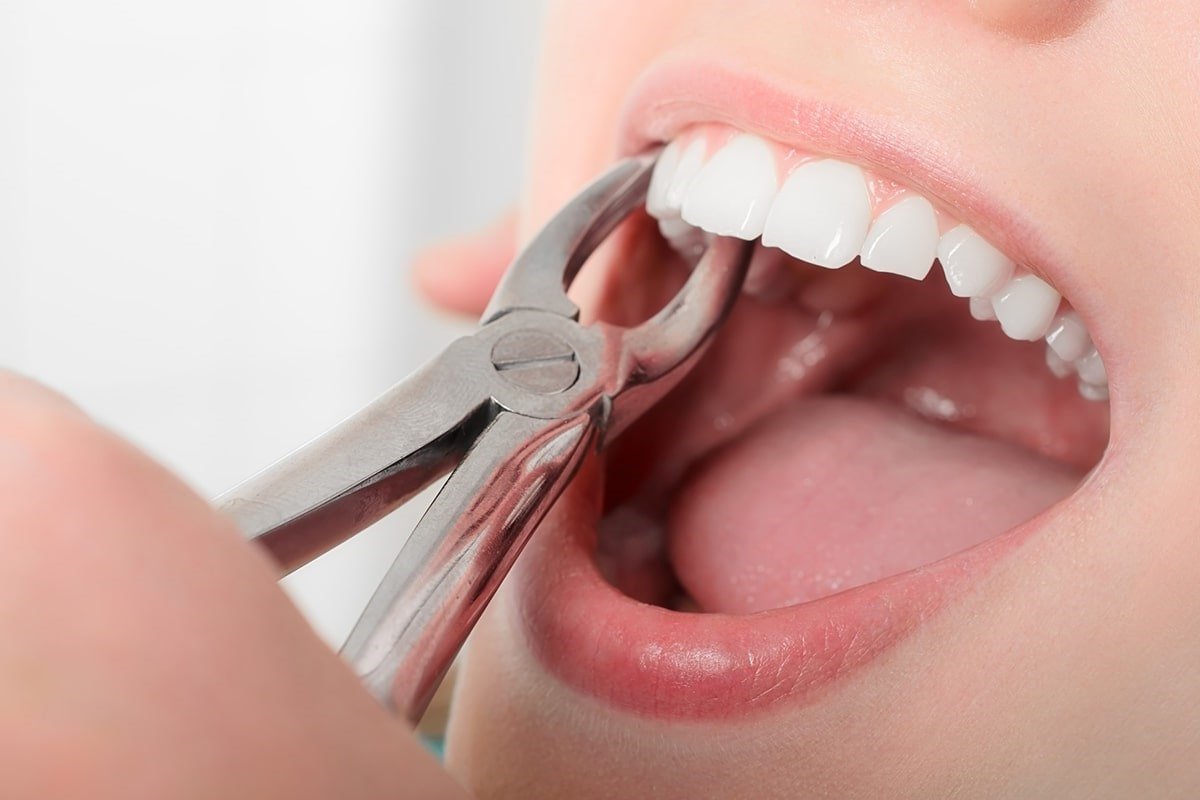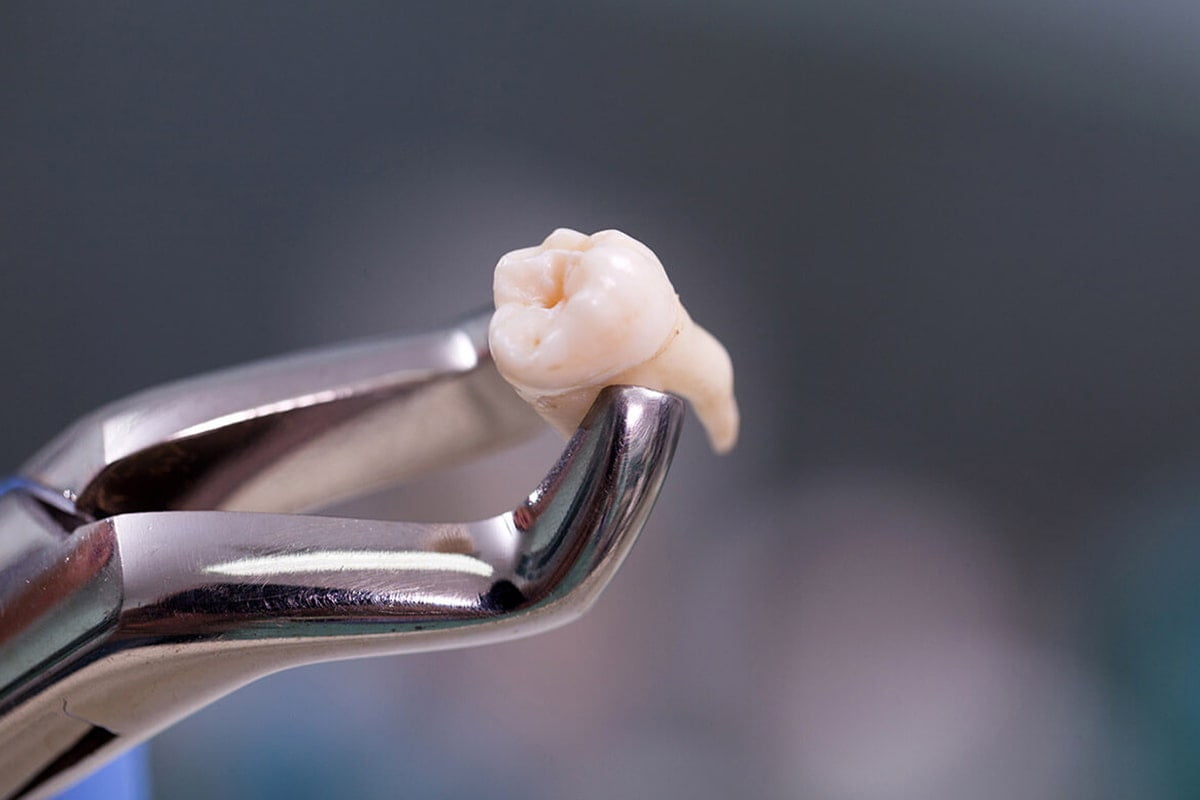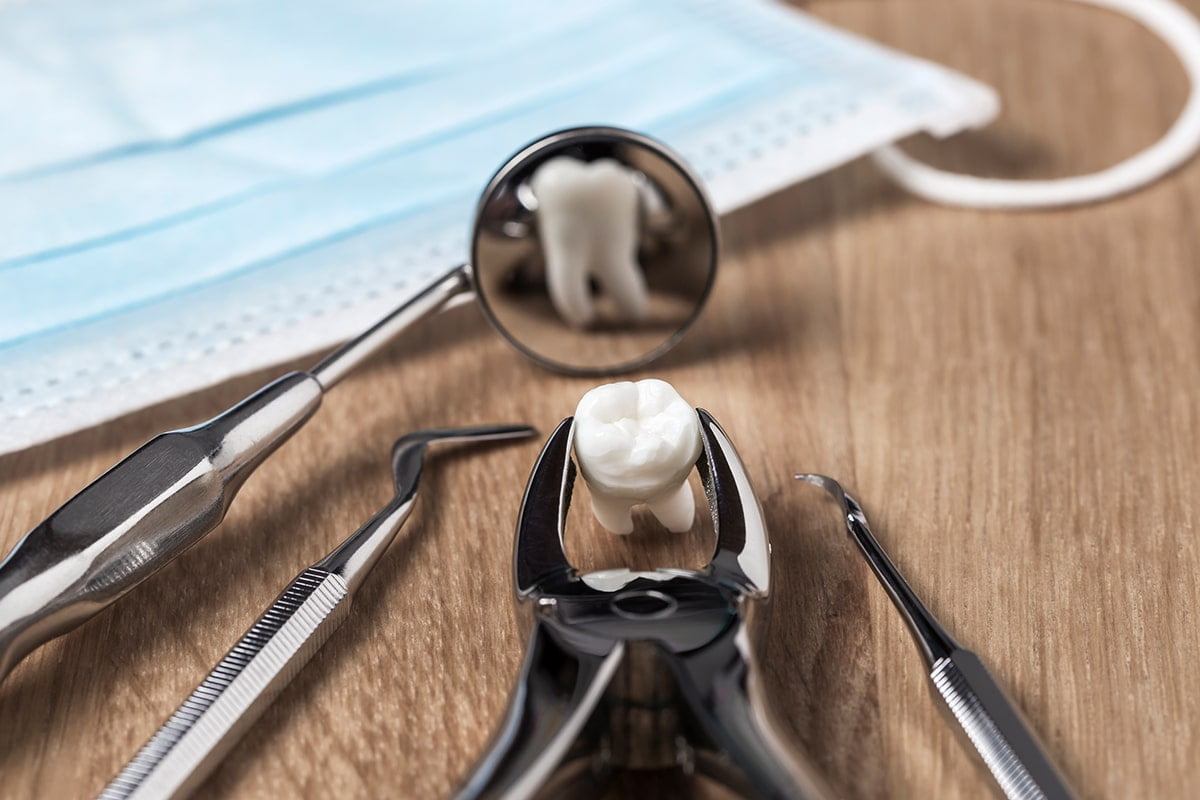Wisdom teeth usually appear in adults when they are 17 to 21 years of age and are also referred to as third molars. Wisdom teeth are the last permanent teeth to erupt, and if they do not have enough room to grow, they often result in throbbing pain, infection, and other dental complications. Therefore, people typically need to get them removed. A dentist or an oral surgeon generally does wisdom tooth extraction.
Sometimes, dentists have to extract wisdom teeth as soon as they erupt in order to save the form and function of adjacent teeth. This article focuses on educating our readers with all the necessary information about wisdom teeth removal and what to expect during the recovery phase.
PROBLEMS WITH IMPACTED WISDOM TEETH:
If your wisdom teeth are impacted, you will most likely experience the following problems:
- Sharp Pain
- Accumulation of food debris behind the wisdom tooth
- Infection or gum disease
- Tooth decay
- Damage to adjacent teeth
- Formation of a fluid-filled sac around the affected area
- Complications with other orthodontic treatments
PROCEDURE OF WISDOM TEETH REMOVAL:
Wisdom tooth extraction is a surgical procedure to extract third molars that are located at the back, upper, and lower corners of your mouth. The surgery usually takes 45 minutes or less to complete. During this process, orthodontists usually give anesthesia to their patients to minimize their discomfort.
- To start the surgical process, the dentist will numb the patient’s mouth with the help of this local anesthetic. Patients may also need to inhale nitrous oxide gas in order to feel more relaxed during surgery.
- After administering local anesthesia, dentists make a small incision in the gums to access it if the tooth hasn’t fully erupted through the gum. In some cases, dentists also remove a small piece of bone that is covering the gum.
- During the extraction process, the tooth is cut into smaller pieces in order to easily remove the impacted teeth through the opening. However, orthodontists do not make an incision if the tooth has already broken or erupted through the gum.
Patients often feel certain pressure just before the tooth is removed. This is because the dentist or oral surgeon widens the tooth socket by moving it back and forth before removing it. But it is uncommon to feel any severe pain during the removal process because of the administration of general anesthesia. However, if anyone still experiences severe discomfort or pain during the procedure, they should tell their orthodontist. So, they can increase the dose of anesthetic.
AFTER SURGERY:
Everyone reacts differently to anesthesia. If someone had a local anesthetic and felt alert right after the surgery, they might be able to drive themselves back home. Such patients can also resume their daily activities and go back to work. However, if some patients have general anesthesia and still feel relatively unconscious or drowsy, they might need someone to take them home.
Most people do not feel any severe pain right after the surgery. They most likely experience swelling and mild discomfort after the effects of anesthesia completely wear off. After wisdom teeth extraction, your mouth requires a few weeks to completely heal. Make sure to follow your doctor’s recommendations during this phase for a speedy recovery.
RECOVERY TIPS:
Here are some tips that may help a person feel better and minimize the risk of complications:
- Take medications with food to help alleviate symptoms.
- Consume easy-to-chew food items.
- Discuss your medication side effects and changes with your dentist.
- Contact the dental professional if symptoms like vomiting or nausea persist.
Recovery time generally differs for every person. If blood clots become dislodged from the wound or if it gets inflamed or infected, the recovery period may extend.
WAYS TO SPEED UP HEALING AFTER WISDOM TEETH REMOVAL:
Every patient is unique, and not everyone recovers the same way after having wisdom teeth extracted. Some will resume their normal life in a few days, while others may experience pain or stay swollen for weeks. Nonetheless, you can speed up your healing process by following these steps:
- Help prevent too much bleeding.
- Protect the wound from infection.
- Protect the exposed bone.
- Stay hydrated.
- Avoid alcohol, smoking, and tobacco products.
- Take medications as directed.
- Do warm salt water rinses multiple times daily.
- Stick to a liquid and soft-food diet for a week.
- Avoid certain activities that can negatively impact blood clots.
- Gently massage the affected area after day 3.
THINGS TO AVOID AFTER WISDOM TEETH REMOVAL SURGERY:
Here are some things that you should strictly avoid after getting your wisdom teeth removal surgery:
- Prevent using a straw, as sucking can loosen blood clots that help your mouth to recover.
- Be gentle and avoid rinsing your mouth too harshly.
- Don’t eat crunchy, hard, or sticky food items that may irritate your wounds.
- Don’t smoke because smoking can slow down your healing process.





